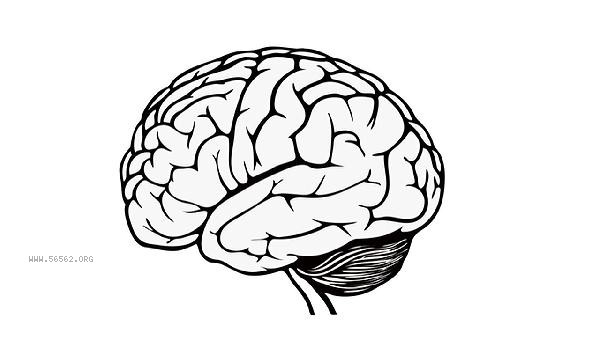Excessive brain activity and inability to stop thinking may be manifestations of anxiety or overthinking, usually related to factors such as psychological stress and increased neural excitability.

1. Psychological stress
Long term exposure to high-pressure environments can activate the brain's alertness system, leading to an inability to relax thinking. Work deadlines, interpersonal conflicts, and other factors may become triggering factors. It is recommended to use mindfulness breathing exercises to help reduce stress in the brain, and to meditate for 10 minutes at a fixed time every day to gradually establish a switch for thinking pauses.
2. Increased neural excitability
When caffeine intake is excessive or sleep is insufficient, the balance of neurotransmitters in the brain will be disrupted. Avoid drinking coffee and milk tea after 3 pm, and turn off electronic devices for blue light stimulation one hour before bedtime. Food containing gamma aminobutyric acid can be tried to assist in regulating neural activity.
3. Anxiety Trait
People with anxiety sensitivity traits are more likely to fall into rumination and repeatedly deduce things that have not happened. The mind stopping technique in cognitive-behavioral therapy is very effective. When caught in a cycle of thinking, immediately use a rubber band to bounce the wrist to establish a conditioned reflex.

4. Information overload
The fragmented information age keeps the brain in a state of multitasking for a long time. It is recommended to set a 2-hour offline period every day and use a paper notebook to record to-do items instead of relying on brain memory. On weekends, you can try digital detoxification and stay away from smart devices for 24 hours.
5. Creative Thinking Modes
Some highly creative individuals naturally have stronger default mode network activity. This type of situation requires distinguishing between pathological and characteristic characteristics, and can guide divergent thinking towards creative output such as writing and painting, rather than forcibly suppressing the flow of thinking. Establishing a regular circadian rhythm is crucial for stabilizing brain activity. Wake up at a fixed time every day to bask in the sun, take a 30 minute walk after dinner, soak your feet before bedtime, and use the 4-7-8 breathing method. Increase the intake of deep-sea fish rich in omega-3 fatty acids and reduce refined sugar intake in diet. If there is no improvement or accompanied by palpitations and tremors for two weeks, it is recommended to seek professional evaluation from a psychological department to rule out neurodevelopmental issues such as bipolar disorder or ADHD. Prepare a daily thinking notebook to visualize and write down swirling thoughts, freeing up cache space for the brain.









Comments (0)
Leave a Comment
No comments yet
Be the first to share your thoughts!